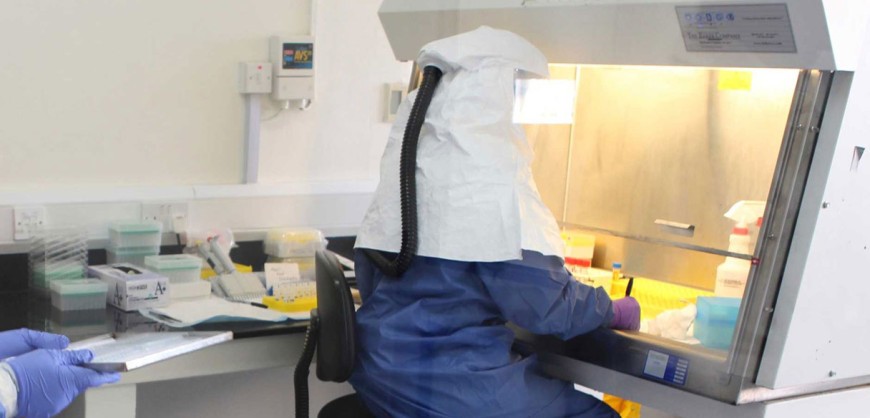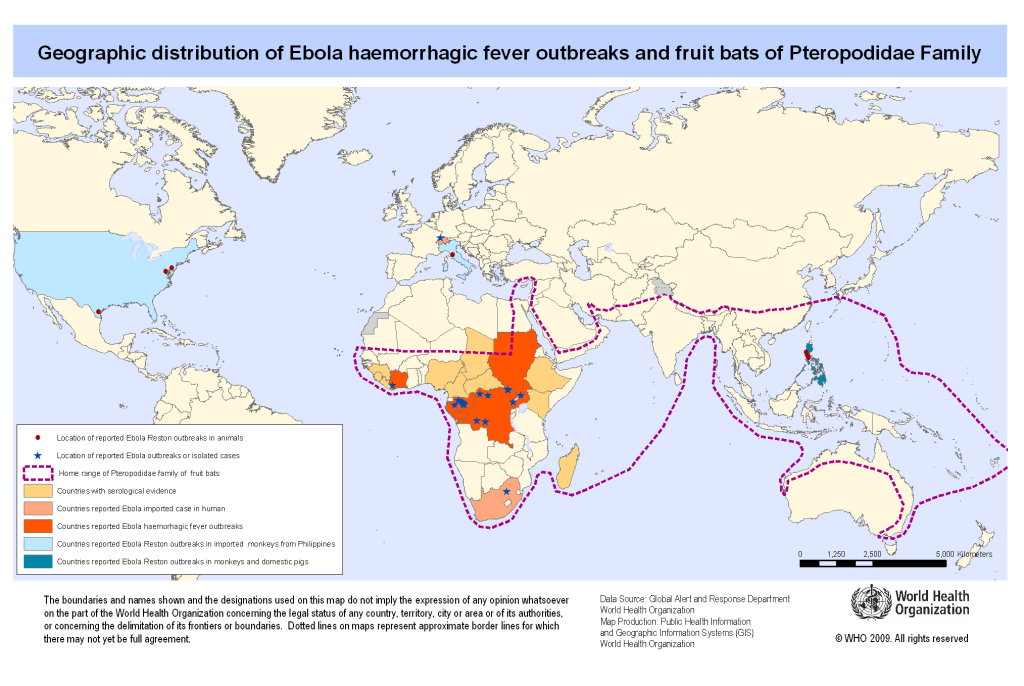A panel of scientists that met at the Hellenic Center for Disease Control and Prevention (KEELPNO) yesterday, concluded that there is a very low threat from the Ebola vιrus in Greece.
The breakout of the haemorrhagic fever in West Africa since February 2014 has led to more than 1,400 people in West Africa contracting the disease. The World Health Organization (WHO) said yesterday that the disease is showing no abatement and spreading very fast.
KEELPNO has been following the development and spread of the virus since April and briefed health providers on how to handle possible cases. The center is also in contact with the special laboratory for haemorrhagic fevers and arboviruses at the University of Thessaloniki.
WHO Director-General Margaret Chan said that “the consequences can be catastrophic” if the situation continues to deteriorate with lost lives as well as severe socio-economic disruption and threats of the virus spreading to other countries.
KEELPNO cautioned Greeks planning to travel abroad to be informed about the disease and its symptoms.
It is still unclear how the virus originated and how it manages to survive in the natural environment, but it is believed to be an animal disease that can spread to humans. Person to person transmission occurs when coming into contact with the blood and bodily secretions of infected persons or cadavers without proper infection control gear (like masks, gloves and gowns) and coming into direct contact with unsterilized medical instruments, infected blood products and organs. Scientists are still unable to prove that the infection spreads among humans through air particles.





































